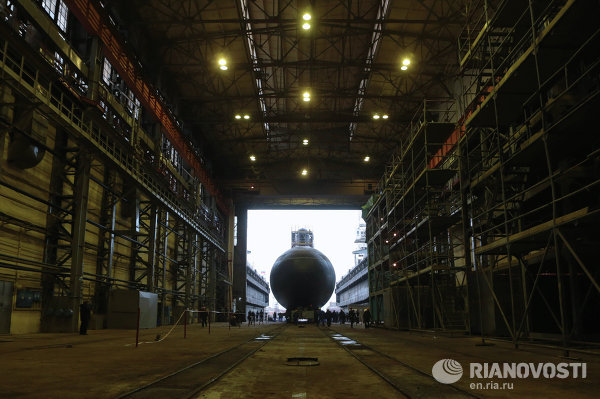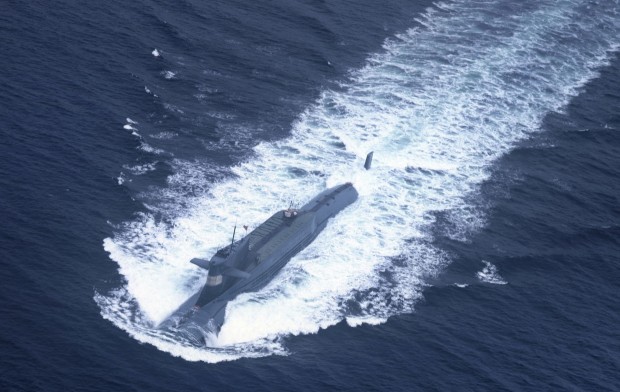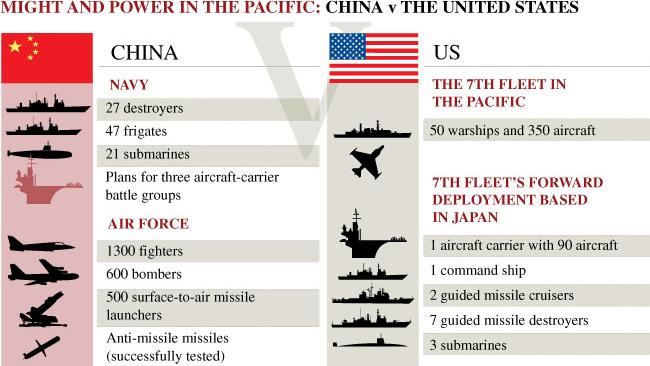A Friendship Is Rekindled With Albania
 Sina Weibo A signpost of earlier days: An Albanian drives a tractor marked “People’s Republic of China.”
Sina Weibo A signpost of earlier days: An Albanian drives a tractor marked “People’s Republic of China.”The event at the university in the Albanian capital made few headlines. Speakers offered the standard phrases that feature at such affairs, heralding the establishment of the institute as a “fresh impetus” in bilateral relations and an opportunity to deepen governmental and commercial ties. Even for the Confucius Institute’s administrators back in Beijing, the new branch — the first in the small Mediterranean country — may have been seen as just the latest step in what has been a decade-long, multimillion-dollar cultural diplomacy effort spanning 117 countries and regions.
But when considered against the backdrop of postwar history, the creation of a Chinese cultural exchange center in a country that now considers itself to be one of America’s staunchest allies takes on new import. Less than a half-century ago, in the 1960s and early 1970s, China and Albania were close allies at a time when neither country could lay claim to many friends. Based in a common ideology and, more important, a jointly held enmity toward the Soviet Union, the unlikely alliance ran so deep that “to criticize Albania,” as the historian Jonathan Spence once wrote, “was, in the eyes of informed observers, to criticize China.”
The two Communist countries had drifted closer in the years after Stalin’s death in 1953, as each grew increasingly apprehensive of Soviet intentions and Nikita Khrushchev’s de-Stalinization campaign. By December 1960, China and Albania found themselves aligned not only ideologically against what they called the Soviet “revisionists,” but strategically as well. For Enver Hoxha, the headstrong Communist leader in Albania, an alliance with China represented an opportunity to shake off Soviet control and come under the wing of a new protector state. For Mao Zedong and the Chinese leadership, it was a chance to stake out a beachhead in Europe from which to challenge Moscow’s dominance in Eastern Europe.
To be sure, the alliance was by no means untroubled. In his memoirs, Hoxha complained of the difficulties he encountered trying to get the Chinese to reply to his letters and at least once, of what he called Prime Minister Zhou Enlai’s “dirty, feudal, fascist mentality.”
But to the rest of the world, starting from 1960, there was no questioning where loyalties lay.
“It was clear that Moscow, Tirana and Peiping were in agreement on at least one of Khrushchev’s formulations,” the C.I.A., using an earlier rendering for Beijing, noted in a since declassified intelligence document. This was “that ‘The U.S.S.R. has lost an Albania’ while ‘China has gained an Albania.’”
The informal alliance was accompanied by economic and cultural exchanges that far exceeded what Tirana’s new Confucius Institute could hope to achieve today.
Through the 1960s and ’70s, Albania benefited enormously from China’s financial largess, in the form of a $125 million loan agreement providing food, raw materials, technical assistance and equipment, and cash. Photographs from the era show uniformed Albanian youths poring over Mao’s “Quotations” while Albanian farmers can be seen driving tractors emblazoned with the Chinese characters for “People’s Republic of China.”
China’s generosity toward Albania sometimes came at the expense of its own citizens. In his memoirs, Wang Hongqi, a journalist for Xinhua, the Chinese state news agency, who was stationed in Tirana for 22 years, cited one particularly egregious instance when emergency grain shipments from Canada destined for famine-devastated China were suddenly diverted to Albania.
According to Mr. Wang, many Chinese did not understand the reasons for their government’s magnanimity. “In private everyone said it was like swelling one’s face up by slapping it to look more imposing,” wrote Mr. Wang, using a Chinese idiom that means seeking to impress by feigning more than one’s abilities.
Nonetheless, the alliance flourished in the late 1960s during China’s Cultural Revolution. Chinese propaganda posters depicted cheerful Albanian and Chinese workers with slogans such as “Long live the eternal and unbreakable friendship in battle between the peoples of China and Albania!”
In cinemas, many of the foreign films shown were Albanian, whose themes typically fell into one of three categories: war, class struggle or socialist living.
For many Chinese, the posters and films were for a time their primary exposure to foreign faces. In her best-selling memoir “Wild Swans,” Jung Chang wrote of a young man whose large, “somewhat un-Chinese” nose earned him the nickname Al, for “Albanian.” “In those days,” Ms. Chang noted, “the only foreigners whose pictures we saw often were Albanians.”
Ties between the two countries began to deteriorate in the 1970s, particularly as China began to make overtures to restore relations with the United States. In 1978, 18 years after the partnership was formed, Deng Xiaoping ordered an end to all financial and technical assistance, effectively terminating the alliance.
As the global order shifted in the intervening years, the relationship between the two countries has been emphatically downgraded.
These days, Albania is a member of the NATO military alliance and has applied for membership in the European Union. Meanwhile, mainland China has acquired a United Nations Security Council seat, is a member of the World Trade Organization and a signatory to numerous international conventions. It is a stark contrast to the time when the Chinese Communists were the one party with whom the Albanians would march together, as an Albanian spokesman once said, “through any storm or tempest.”
Related:
SManalysis
http://smarkos.blogspot.com/2013/11/photo-anti-american-slogan-during.html
Friday, November 15, 2013
Photo: An anti American slogan during the protest at front of Prime Minister building
Is the Albanian chemical protest, the first signs of an anti - American movement, in Albania?
SManalysis
Reuters has announced several days ago that protests for chemical weapons, which would be installed in Albania, had been growing sentiment anti- USA, in which sudden, the situation could deteriorate worse than in January 2011.Slogans and protests, arrived unexpectedly in front of U.S. Embassy in Tirana. for the first time over 23 years, a precedent also by the overwhelming compression experts and U.S. diplomats .
Albania, seen as the only country in Europe but also in the world, which had about 90 % pro-American feeling, the data according to Gallop.
Writer and publicist Fatos Lobonja, during a debate on TV Klan , denounced as irresponsible several treaties to U.S. Ambassador in Tirana Alex Arvizou , which according Lubonja, has put pressure on the Prime Minister of Albania, Edi Rama, for receipt of chemical weapons in Albanian territory. Lubonja even asked the U.S. ambassador in Tirana Alex Arvizou, called as "Persona Non Gratta", while Albanian politicians, irresponsible who make decisions without asking the people.
Related:
For One Visit, Bush Will Feel Pro-U.S. Glow
http://www.nytimes.com/2007/06/09/world/europe/09albania.html?_r=0
Albanians angry with U.S. over Syrian chemical weapons
http://www.reuters.com/article/2013/11/12/us-syria-crisis-albania-idUSBRE9AB10A20131112
Fatos Lubonja: Arvizu te shpallet "persona non Grata"
http://www.gazetatema.net/web/2013/11/15/fatos-lubonja-arvizu-te-shpallet-persona-non-grata-ne-shqiperi/





























